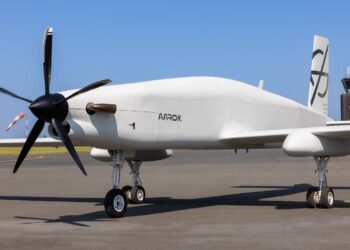Mazda has found itself in hot water after a shocking discovery about the airbag sensors in its popular MX-5 Miata models. A deep dive into the company’s airbag calibration system exposed flaws that could pose serious safety risks, leading to a massive recall of all U.S.-sold MX-5 models produced between 2016 and 2023.
The saga began in April 2023 when Mazda’s engineers, while working on the 2024 Miata models, identified a serious problem: misconfigured airbag sensors. This wasn’t a minor glitch—this was a ticking time bomb. The calibration tool used to set the collision sensitivity for the airbags was found to be misconfigured, raising the possibility that airbags could deploy with excessive force in minor accidents, dramatically increasing the risk of neck injuries.
Mazda’s initial response was swift but inadequate. By November 2023, they introduced updated software for the SAS control module, hoping to fix the problem. However, testing dragged on for months, leaving the fate of hundreds of thousands of Miatas uncertain. Finally, in August 2024, Mazda confirmed what many had feared: all 2016-2023 models sold in the U.S. were affected, leading to safety recall number 24V-695.
The underlying cause? Faulty voltage specifications in the accelerometer used by the SAS control module, causing airbags to deploy with a force fit for a high-impact crash even in minor fender-benders. The botched deployment strategy wasn’t just a software flaw—it was a glaring oversight that put lives at risk every time a driver took the wheel.
Adding fuel to the fire, the issue also affects Stellantis’ Fiat 124 Spider and Abarth 124 Spider—nearly identical cars to the Miata except for branding and design tweaks. Stellantis has issued its own recall for over 15,000 units, highlighting the widespread impact of Mazda’s engineering failure.
Mazda insists it’s taking action, pledging to notify affected Miata owners by mail no later than November 17, 2024. Meanwhile, Stellantis plans to inform Fiat owners by November 7. Both automakers have instructed dealers to reprogram the SAS control module with the improved software, but questions remain about how such a critical error slipped through the cracks for nearly a decade.
Despite these setbacks, the Miata has remained a beloved icon among driving enthusiasts. But with competitors like the Toyota GR 86 and Subaru BRZ outpacing it in sales and reliability, Mazda’s latest blunder could spell trouble. This recall isn’t just a technical failure—it’s a major blow to Mazda’s reputation, raising doubts about the safety of one of its most cherished models.










